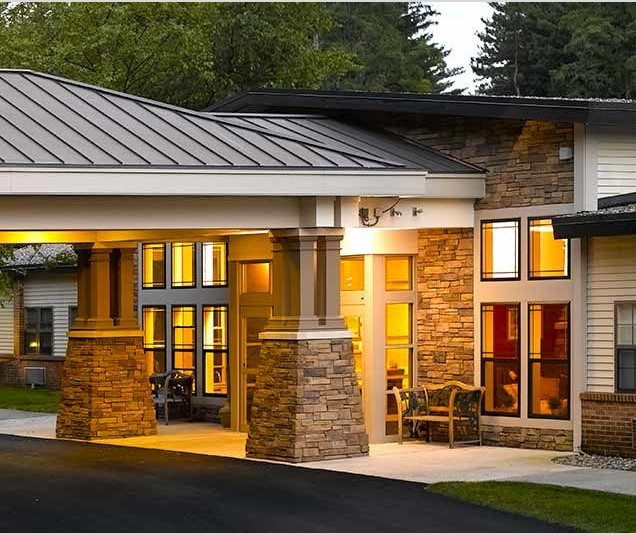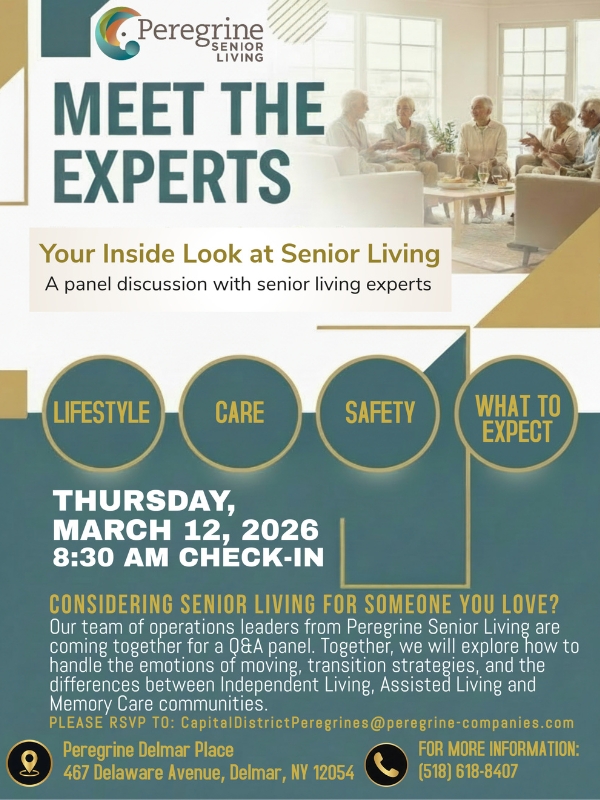Assisted living communities provide long-term care for relatively self-sufficient individuals who benefit from support with daily tasks. This environment bridges the gap between independent living and full-time intensive care, making it an attractive lifestyle for residents and their families.
Not everyone is suited for assisted living. To fully benefit from the level of care offered in assisted living, an ideal resident:
- Is relatively independent and mobile but requires support with daily activities.
- May have chronic health concerns but doesn’t require intensive medical care.
- Can benefit from safety measures that help reduce the risk of accidents.
- Can engage with others, and foster and maintain social connections.
- Can adapt to communal living spaces and abide by community guidelines.
Understanding Assisted Living
Assisted living is a term that often comes up when providing care for our aging loved ones. These communities are long-term care environments that focus on providing residents with support with daily activities while still maintaining their independence.
Residents in assisted living are relatively independent, mobile, and self-sufficient, but require assistance with tasks like bathing, dressing, meal preparation, and medication management.
The support of professional care staff allows residents to focus their energy on leisure activities, social events and outings, and therapies that are all designed to promote their overall health and well-being. Residents can enjoy the fact they don’t have to worry about mundane daily chores.
Assisted living provides necessary care and support to residents and their families.
For residents, assisted living provides a sense of safety and community and reduces the feelings of isolation commonly experienced by older adults. For families, this environment offers peace of mind in knowing that their loved ones are in a supportive and safe atmosphere that stimulates their physical, emotional, and social needs.
The role of assisted living is a crucial one, as it bridges the gap between independent living and full-time intensive care, offering a middle ground that supports healthy aging.
Who Qualifies for Assisted Living?
Determining who qualifies for assisted living isn’t necessarily based on age. Rather, it involves assessing not only the needs, but also the personal qualities and values, of individuals. A resident who will benefit from the care provided in assisted living is someone who:
- Requires Assistance with Daily Activities: Residents are mobile, self-sufficient, and relatively independent, but require support with activities like bathing, dressing, or medication management. This approach helps maintain residents’ independence while providing them with the support they need..
- May Experience Health Concerns: Chronic health conditions that require ‘round-the-clock support, but not intensive medical care or difficulty managing medications, may indicate a need for living in a supportive environment.
- Needs a Safe Living Environment: If your loved one is at risk for falls or injury, living in a safe environment like assisted living, has measures in place to help reduce the risk of accidents.
- Has the Capacity to Engage with Others: Assisted living recognizes the physical, emotional, and cognitive benefits of social connection for healthy aging. Therefore, a community environment that fosters social connections through activities, communal spaces, and outings is encouraged for residents.
- Can Adapt to Communal Living: Prospective residents must be open to embracing the communal atmosphere, which includes abiding by community guidelines and taking part in group activities (though residents do have their own rooms!).

Meeting these qualifications confirms that individuals can fully benefit from The Peregrine Way.
The benefits of assisted living are immense, but not everyone is suitable for this care environment. When individuals are placed in an environment where their physical, emotional, and social needs are unmet, their quality of life suffers.
If needs are or would be unmet, this suggests that alternative care environments may be more suitable.
For example, physical needs might include assistance with basic mobility or managing chronic conditions, indicating a need for full-time intensive care. Likewise, individuals experiencing dementia or Alzheimer’s will find that memory care better suits their need for evolving care.
When residents find a suitable living environment, they receive the appropriate level of care while engaging in activities that stimulate their minds and enrich their lives.
How Assisted Living Supports Residents
One of the standout features of assisted living is the wide range of services provided to support residents while promoting their independence.
These services often include 24/7 care, personal care assistance, and medical management. The goal is to offer a safety net that confirms residents can live comfortably. Personal care services can range from help with grooming to more intensive care like managing medications and health monitoring.
Creating a home-like atmosphere with modern amenities caters to residents’ comfort and convenience. This includes private or semi-private rooms, common areas for socializing, dining spaces, and outdoor spaces. The aim is to create an environment that feels like home while still offering the support that residents need.
Transportation services make it easier for residents to attend appointments, run errands, participate in community outings, or visit loved ones.
Activities play a critical role in the well-being of assisted living residents. This means offering a wide range of activities designed to cater to the various interests and abilities of residents while simultaneously fostering social connection. This includes fitness classes, arts and crafts, clubs, social events, and outings.
The goal is to keep residents engaged, active, and socially connected.
Schedule a Tour
Assisted living offers a balanced approach to long-term care, providing necessary support for residents while promoting independence and social connection.
For more information on choosing the right care community for your loved one, connect with our team at Peregrine Senior Living to schedule a tour of our assisted living community.













No more posts